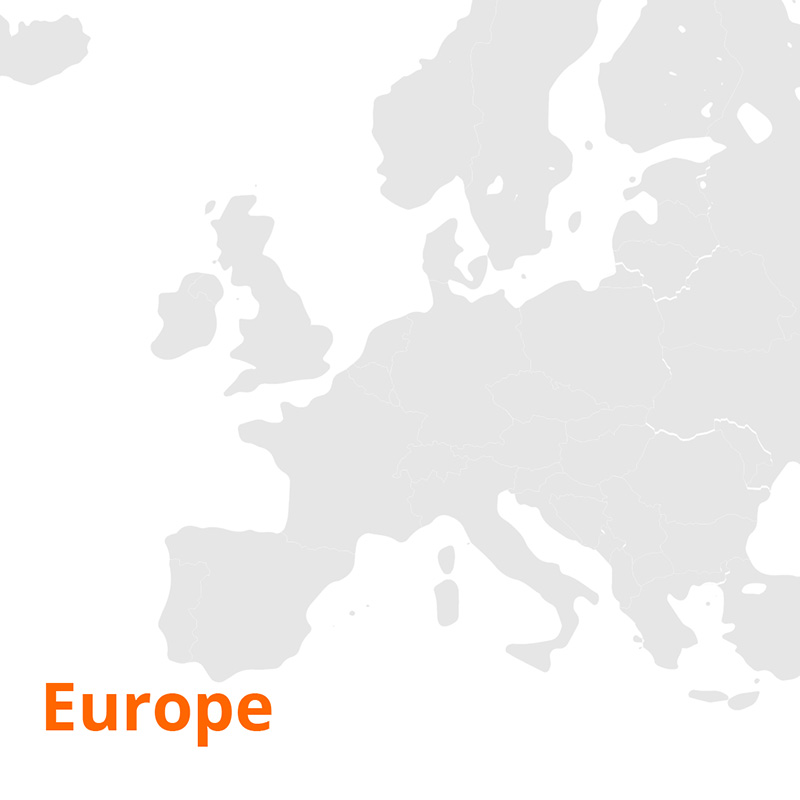17 January 2014
Load bank test in hospitals
The safety of establishments in the event of electrical failure
In France, to prevent any incident and guarantee the safety of people housed in social and medico-social establishments, a regulatory system (cf. Circular DHOS/E4 n – 2008-114 – of April 7, 2008 relating to the prevention of power cuts in health establishments ) requires each structure to ensure, in the event of absence from the national network, continuity of service for at least 48 time. Hospitals and healthcare centers therefore have an emergency power supply in the event of a network load break. This backup network, generally made up of a generator associated with inverters and batteries, is particularly sensitive and strategic. The law therefore requires that the generating set be tested monthly under dummy load with a load bank and at least twice a year under real load on the network.
.
Decree No. 2007-1344 & load bank test in hospitals
Taken for the application of article 7 of the law of August 13, 2004 relating to the modernization of civil security, a decree of September 12, 2007 determines the categories of installations and establishments concerned by the obligation of security of persons supported in the event of failure of the energy network as well as the methods and deadlines for their implementation. Article 7 of Law No. 2004-811 of August 13, 2004 on the modernization of civil security requires health and medico-social establishments housing vulnerable people to take the necessary measures for the safety of patients in the event of power grid failure.
This legislative provision has therefore provided for two possible methods of guaranteeing the safety of these establishments in the event of a power failure, depending on the nature and size of the establishment:
- an autonomous power supply, either throughout the building (for hospitals for example), or in a few areas in which the occupants can be grouped together in the event of a breakdown;
- taking alternative measures to guarantee the safety of the people accommodated (for example, by ensuring minimum lighting and heating conditions, or even by natural ventilation in the event of high temperatures).
Decree No. 2007-1344 of September 12, 2007 specifies in this sense these procedures for establishments governed by the Social Action and Family Code (CASF) and by the Public Health Code (CSP), without however going into in detail the measures to be taken. The establishments concerned must:
- either ensure the availability of independent energy supply means for the facilities used in order to guarantee the safety of the people housed for at least forty-eight hours,
- or provide for measures to ensure, by themselves, the safety of the people accommodated in the event of failure of the energy network.
These measures must be planned by the legal representative of the establishment or the head of the establishment. The decree also specifies the categories of establishments concerned, namely the medico-social establishments mentioned in Article L. 312-1 of the CASF, and health establishments, in other words those providing permanent collective accommodation and those ensuring a short-term care activity in MCO who must meet the two series of obligations indicated above. The deadlines for compliance are 2 years for establishments governed by the CASF and 5 years for those regulated under the CSP.





